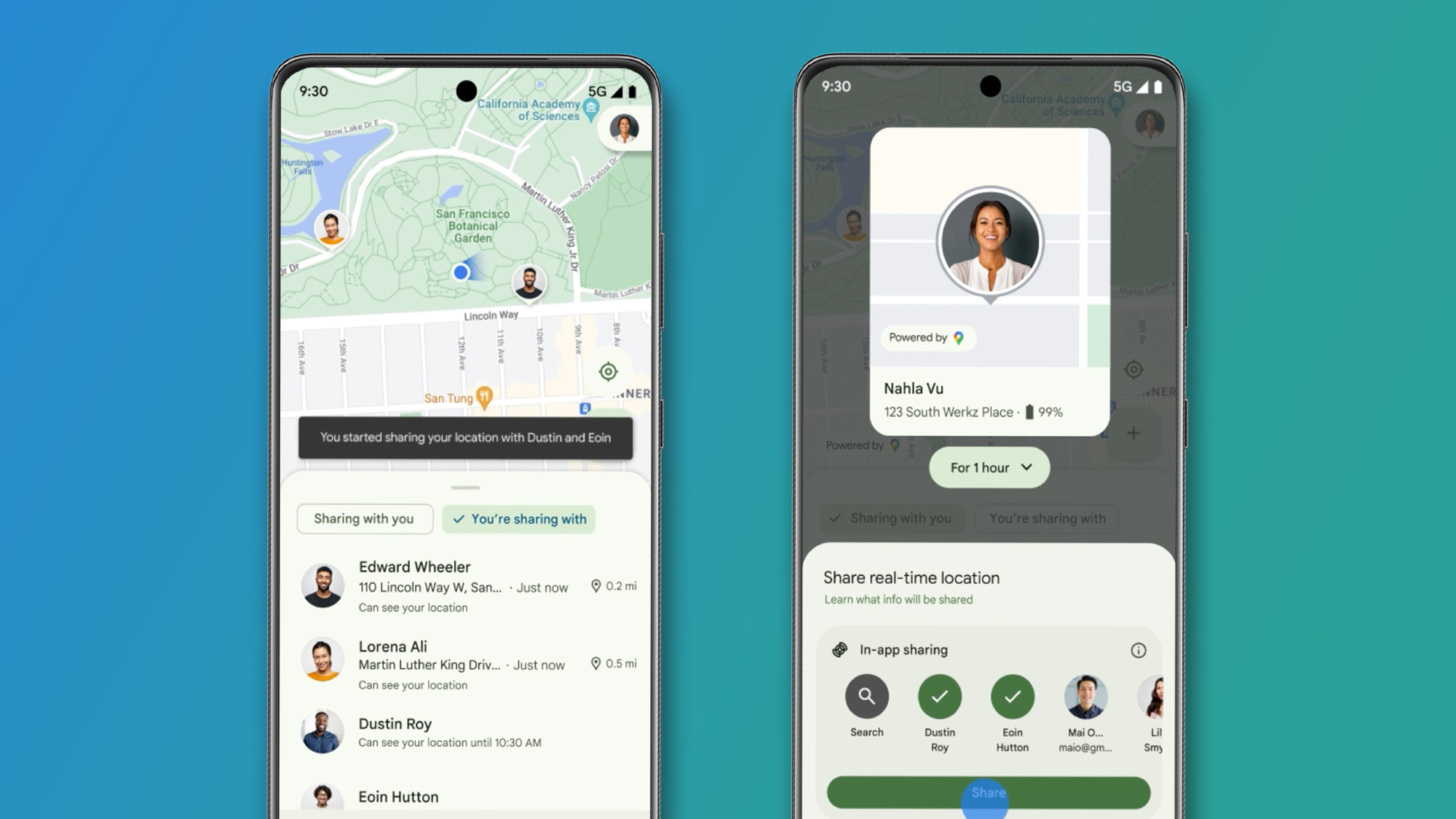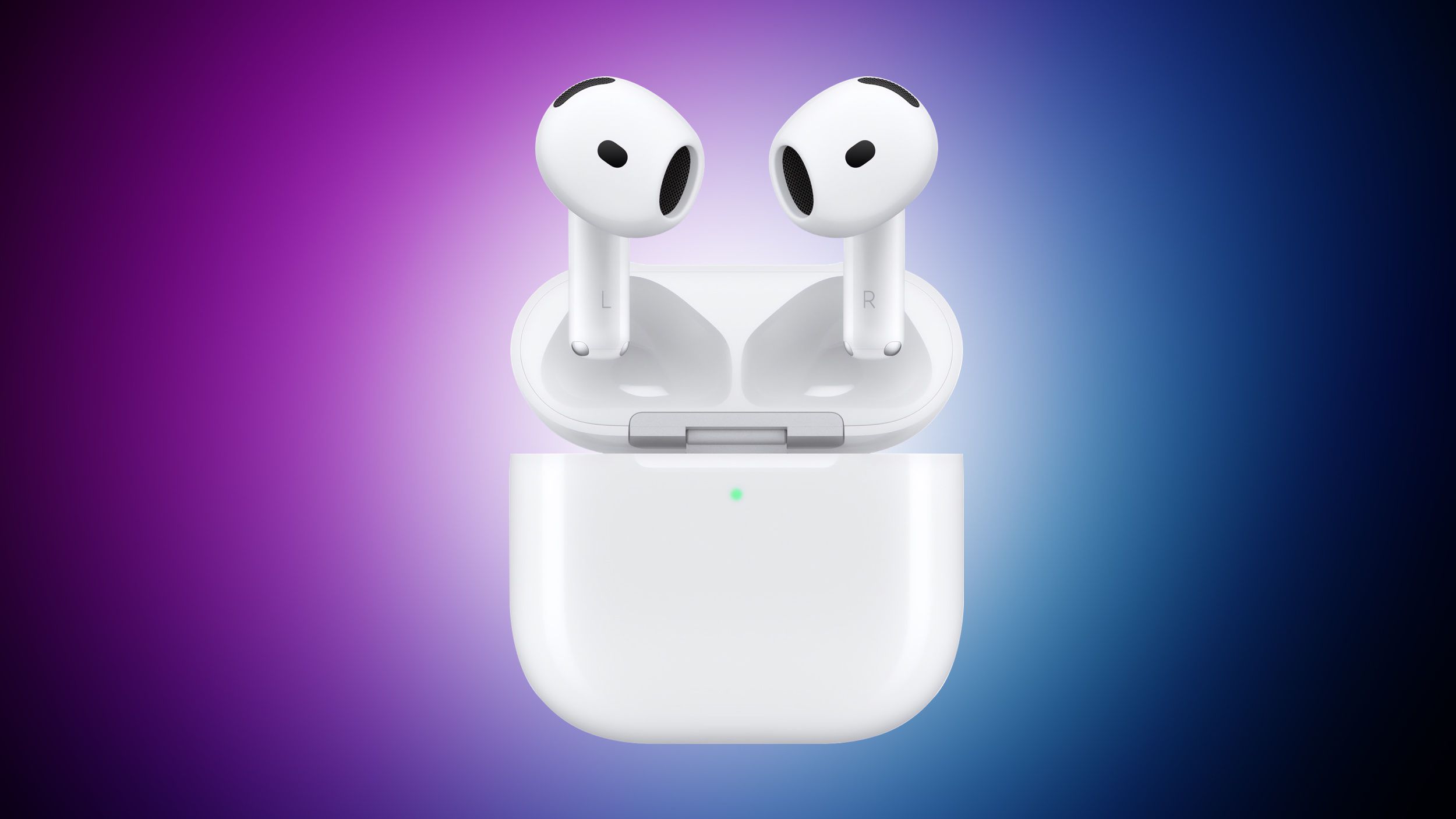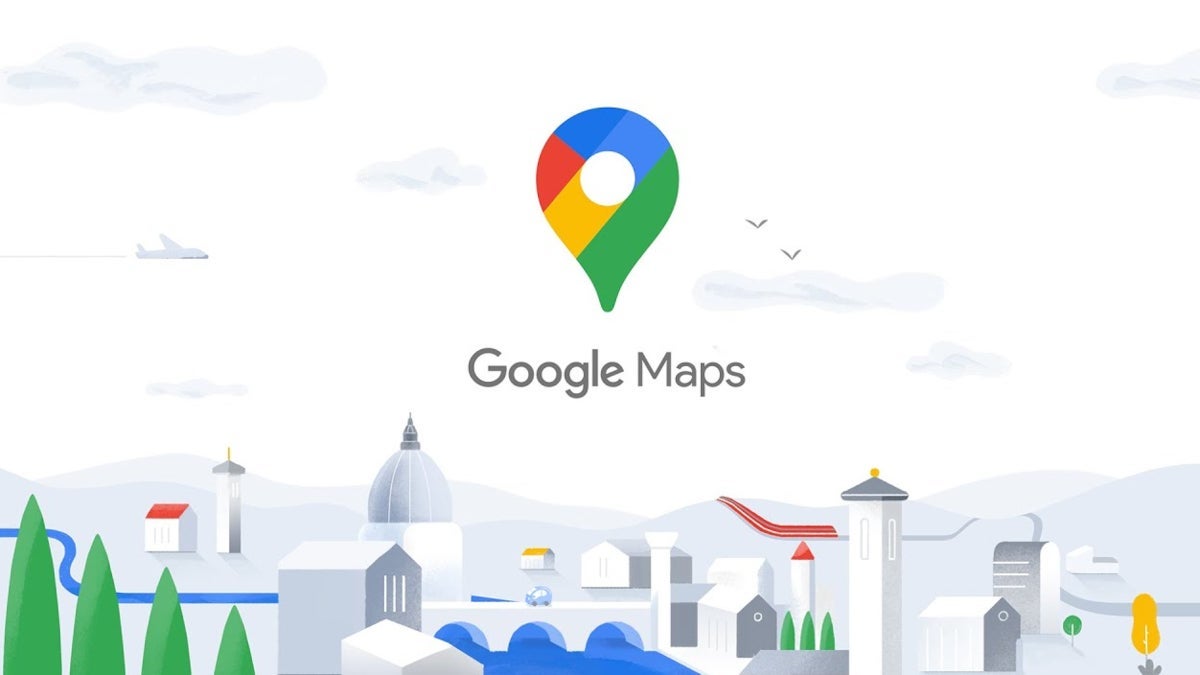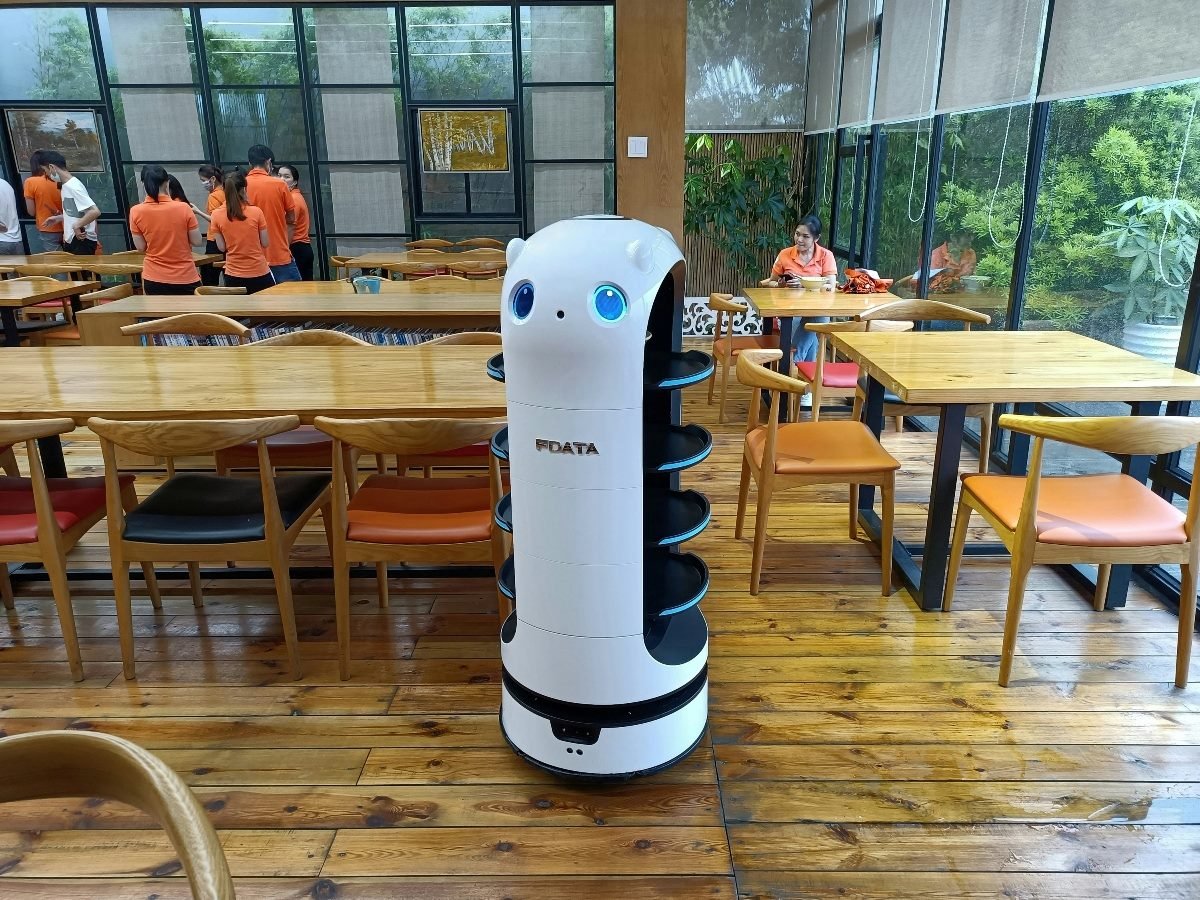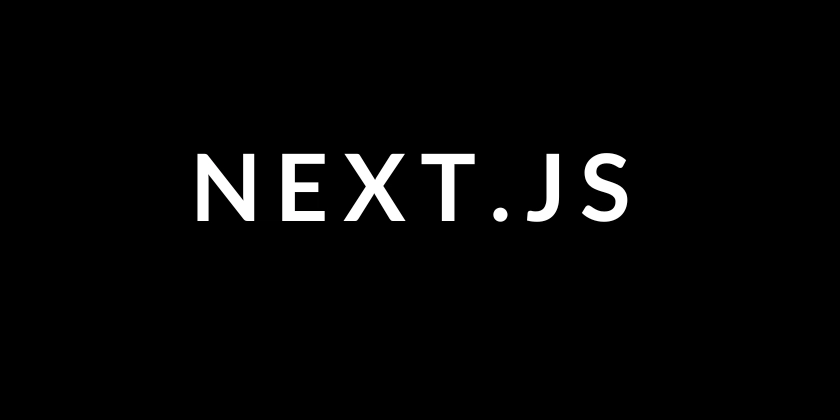Deep Research for Everyone: OpenAI’s Lightweight Tool Democratizes Knowledge
OpenAI’s new lightweight deep research mode brings advanced AI capabilities to a much wider audience, including non-paying users. OpenAI has taken a bold step to make advanced AI research capabilities more accessible than ever. This week, the company announced a new “lightweight” version of its deep research tool — an AI capability that scours the web to synthesize detailed reports with citations. Previously, such in-depth research mode was limited to paid subscribers, but the lightweight model is now being rolled out to ChatGPT Plus, Team, and Pro users _and_even to those on the free tier. It’s the first time that free users have access to any form of ChatGPT’s deep research feature, marking a significant milestone in AI accessibility and opening the door for many more people to benefit from AI-driven deep research. In other words, what was once a premium feature reserved for paid plans is now reaching everyday users as well. This democratization of access means more people than ever can leverage AI to dig up information and insights, without the former barriers of cost or limited availability. At the heart of this expanded access is OpenAI’s latest model, o4-mini, which powers the lightweight deep research mode. Impressively, OpenAI says o4-mini is “nearly as intelligent” as the original full-scale deep research model. The key difference is that it’s much more efficient (significantly cheaper to serve) enabling OpenAI to offer deep research capabilities to more users without breaking the bank. In fact, the company introduced o4-mini specifically to up the usage limits of deep research by lowering costs. Note that there is a small trade-off: answers from the lightweight model tend to be a bit shorter. Regardless, they still maintain the rigorous depth and quality that users have come to expect from deep research. In short, the lightweight tool punches above its weight, delivering high-quality insights with just a slightly more concise output. Expanding Usage Limits Beyond reaching more users, the lightweight mode also means everyone can dive deeper, more often. OpenAI has expanded the usage limits for deep research tasks on paid plans, thanks to the efficiency of o4-mini. In essence, all Plus, Team, and Pro subscribers now have higher monthly quotas for deep research queries. If a user hits the limit of the original (full-power) deep research mode on their plan, ChatGPT will seamlessly switch over to the lightweight version, allowing them to continue researching without interruption. This automatic fallback ensures that hitting a usage cap no longer halts your flow, the system simply uses the lighter model to keep delivering. In practical terms, a Plus or Team member can now run up to 25 detailed deep research queries each month, and Pro users up to 250. Even free users get to perform five in-depth research queries per month using the new lightweight tool — a drastic change from having no access to deep research before. (All limits reset monthly.) Enterprise and educational accounts are slated to receive the lightweight mode next week, with usage limits matching those of the Team tier. In effect, whether you’re a paying subscriber or a free user, you can now explore complex topics with ChatGPT far more extensively than was possible just a short time ago. Democratizing Knowledge, Empowering Innovation Advanced AI research tools, like ChatGPT’s deep research mode, can now find their way into classrooms, startups, newsrooms, and beyond. By lowering the barriers to advanced research assistance, OpenAI is effectively democratizing knowledge: putting a powerful investigative tool into the hands of many more people. The ripple effects of this shift can be felt across countless domains. When AI-driven deep research is open to all, information and expertise are no longer confined to those with special access or big budgets. This broader accessibility promises to foster innovation and empower more people to tackle complex problems, no matter their field or background. Consider the opportunities now emerging across sectors and communities: Education: Students and teachers can leverage deep research to gather credible sources and insights for projects, essays, and lesson plans. With AI compiling information and references, learning and teaching can become more enriched and efficient than ever. Startups & Small Businesses: Entrepreneurs and small teams can conduct market research and explore technical questions without needing a dedicated research staff. This levelled playing field helps innovative ideas flourish in smaller enterprises, fostering entrepreneurship. Journalism: Reporters and fact-checkers can use the tool to quickly compile background research and verify facts on complex topics. This means faster, more in-depth investigative journalism, with AI helping comb through data and sources in a fraction of the time. Non-Profits & NGOs: Organizations with l
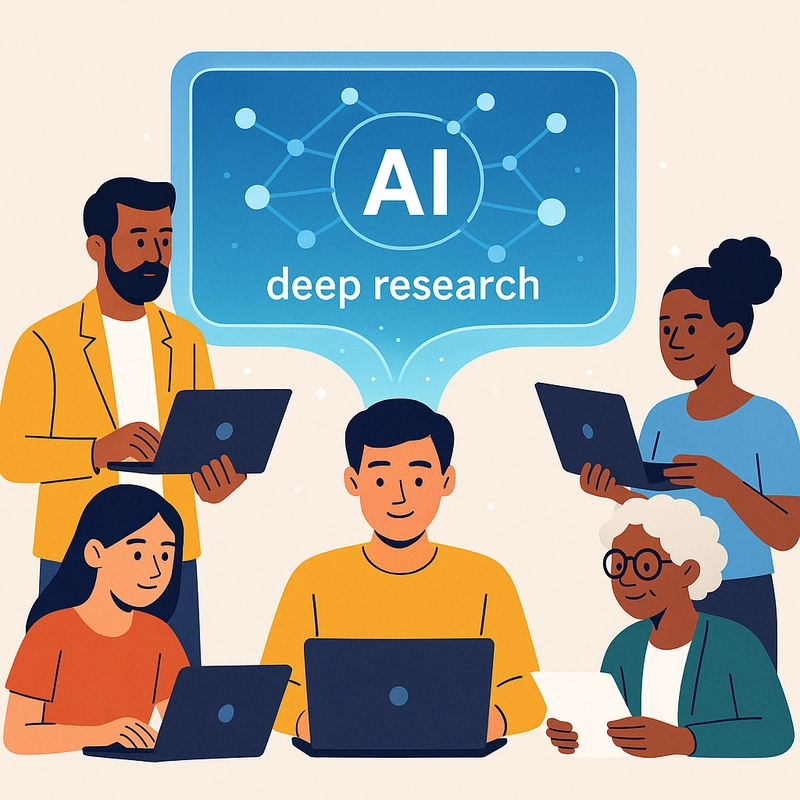
OpenAI’s new lightweight deep research mode brings advanced AI capabilities to a much wider audience, including non-paying users.
OpenAI has taken a bold step to make advanced AI research capabilities more accessible than ever.
This week, the company announced a new “lightweight” version of its deep research tool — an AI capability that scours the web to synthesize detailed reports with citations. Previously, such in-depth research mode was limited to paid subscribers, but the lightweight model is now being rolled out to ChatGPT Plus, Team, and Pro users _and_even to those on the free tier. It’s the first time that free users have access to any form of ChatGPT’s deep research feature, marking a significant milestone in AI accessibility and opening the door for many more people to benefit from AI-driven deep research.
In other words, what was once a premium feature reserved for paid plans is now reaching everyday users as well. This democratization of access means more people than ever can leverage AI to dig up information and insights, without the former barriers of cost or limited availability.
At the heart of this expanded access is OpenAI’s latest model, o4-mini, which powers the lightweight deep research mode. Impressively, OpenAI says o4-mini is “nearly as intelligent” as the original full-scale deep research model. The key difference is that it’s much more efficient (significantly cheaper to serve) enabling OpenAI to offer deep research capabilities to more users without breaking the bank. In fact, the company introduced o4-mini specifically to up the usage limits of deep research by lowering costs.
Note that there is a small trade-off: answers from the lightweight model tend to be a bit shorter. Regardless, they still maintain the rigorous depth and quality that users have come to expect from deep research. In short, the lightweight tool punches above its weight, delivering high-quality insights with just a slightly more concise output.
Expanding Usage Limits
Beyond reaching more users, the lightweight mode also means everyone can dive deeper, more often. OpenAI has expanded the usage limits for deep research tasks on paid plans, thanks to the efficiency of o4-mini. In essence, all Plus, Team, and Pro subscribers now have higher monthly quotas for deep research queries. If a user hits the limit of the original (full-power) deep research mode on their plan, ChatGPT will seamlessly switch over to the lightweight version, allowing them to continue researching without interruption. This automatic fallback ensures that hitting a usage cap no longer halts your flow, the system simply uses the lighter model to keep delivering.
In practical terms, a Plus or Team member can now run up to 25 detailed deep research queries each month, and Pro users up to 250. Even free users get to perform five in-depth research queries per month using the new lightweight tool — a drastic change from having no access to deep research before. (All limits reset monthly.)
Enterprise and educational accounts are slated to receive the lightweight mode next week, with usage limits matching those of the Team tier. In effect, whether you’re a paying subscriber or a free user, you can now explore complex topics with ChatGPT far more extensively than was possible just a short time ago.
Democratizing Knowledge, Empowering Innovation
Advanced AI research tools, like ChatGPT’s deep research mode, can now find their way into classrooms, startups, newsrooms, and beyond. By lowering the barriers to advanced research assistance, OpenAI is effectively democratizing knowledge: putting a powerful investigative tool into the hands of many more people. The ripple effects of this shift can be felt across countless domains. When AI-driven deep research is open to all, information and expertise are no longer confined to those with special access or big budgets. This broader accessibility promises to foster innovation and empower more people to tackle complex problems, no matter their field or background.
Consider the opportunities now emerging across sectors and communities:
- Education: Students and teachers can leverage deep research to gather credible sources and insights for projects, essays, and lesson plans. With AI compiling information and references, learning and teaching can become more enriched and efficient than ever.
- Startups & Small Businesses: Entrepreneurs and small teams can conduct market research and explore technical questions without needing a dedicated research staff. This levelled playing field helps innovative ideas flourish in smaller enterprises, fostering entrepreneurship.
- Journalism: Reporters and fact-checkers can use the tool to quickly compile background research and verify facts on complex topics. This means faster, more in-depth investigative journalism, with AI helping comb through data and sources in a fraction of the time.
- Non-Profits & NGOs: Organizations with limited resources can inform their strategies and grant proposals with data-driven research that used to be out of reach. From analyzing social issues to evaluating policy impacts, they can now base decisions on deeper evidence.
- Independent Researchers: Inventors, hobbyists, or citizen scientists working solo can now harness a research assistant that was once available only to large institutions. This empowers individual creators and thinkers to explore big ideas and solve problems independently, spurring innovation from the ground up.
In all these areas, making deep research widely accessible isn’t just a convenience, it’s a catalyst. Knowledge shared is knowledge multiplied, and with more minds able to probe the depths of the web for answers, we can expect a surge of creativity and problem-solving from unexpected places. Complex challenges in science, business, and society can be tackled by a more diverse crowd of problem-solvers armed with thorough information.
Knowledge without Boundaries
OpenAI’s lightweight deep research release heralds a new era of inclusivity in AI-powered research. By handing advanced research capabilities to the masses, the company is turning what used to be a scarce resource into a common utility. When more people have access to cutting-edge tools, more great ideas can take flight. A student in a small town, a founder of a garage startup, or an activist at a non-profit can now all tap into the same depth of knowledge that was once reserved for well-funded experts. This move is about more than just a new ChatGPT feature, it’s about empowering people from all walks of life to ask bigger questions and find meaningful answers.
The expansion of deep research to a wider audience is a powerful reminder that democratizing technology can spark innovation in places we least expect. As OpenAI’s lightweight tool finds its way into more hands, we may soon see breakthroughs and solutions born from this newly unlocked potential. In the end, making deep research accessible to everyone helps ensure that the pursuit of knowledge truly knows no boundaries, and that the next big discovery could come from anyone, anywhere.
DJ Leamen is a Machine Learning and Generative Al Developer and Computer Science student with an interest in emerging technology and ethical development.























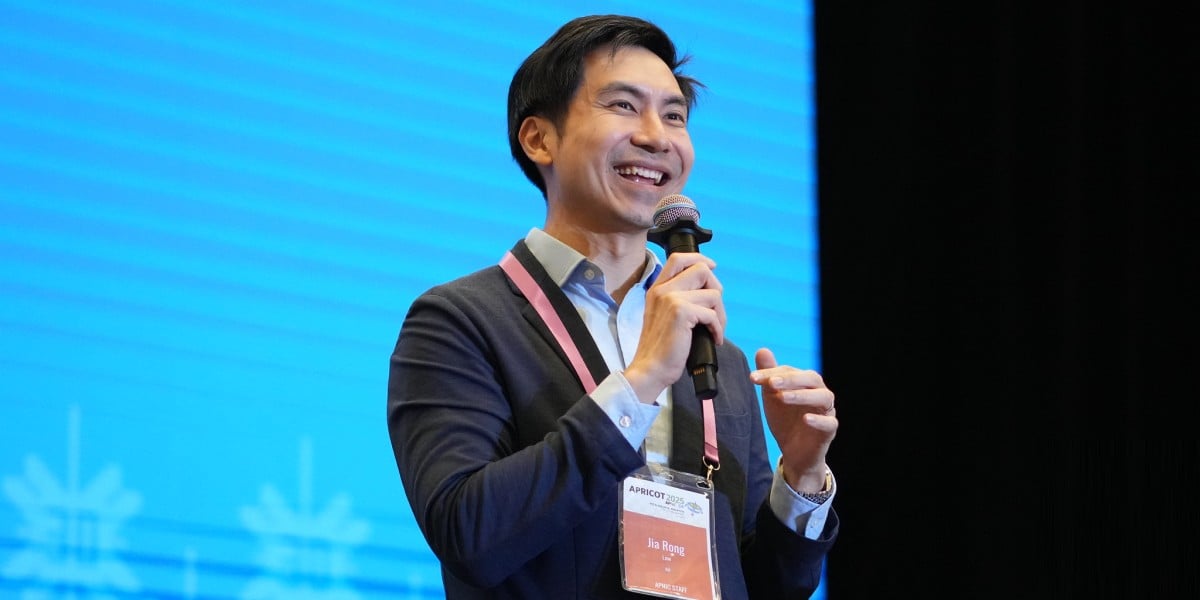

































































































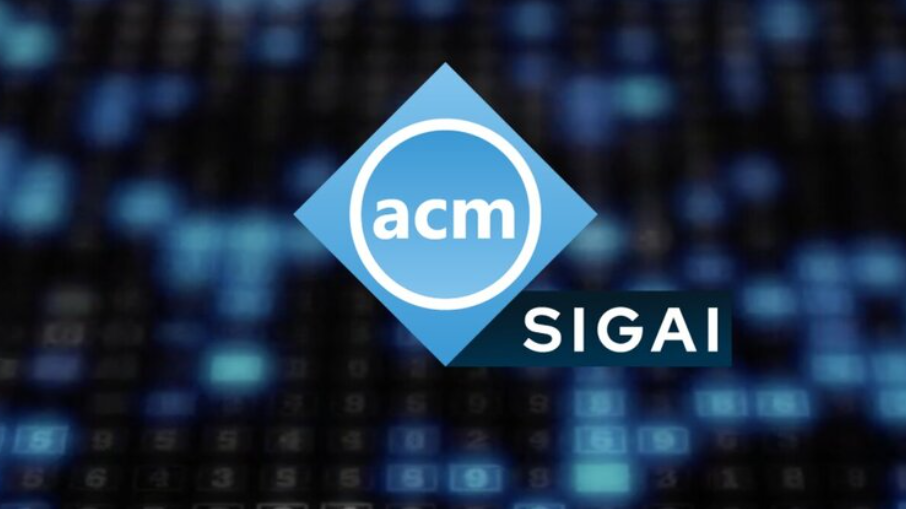








































![[The AI Show Episode 143]: ChatGPT Revenue Surge, New AGI Timelines, Amazon’s AI Agent, Claude for Education, Model Context Protocol & LLMs Pass the Turing Test](https://www.marketingaiinstitute.com/hubfs/ep%20143%20cover.png)




























































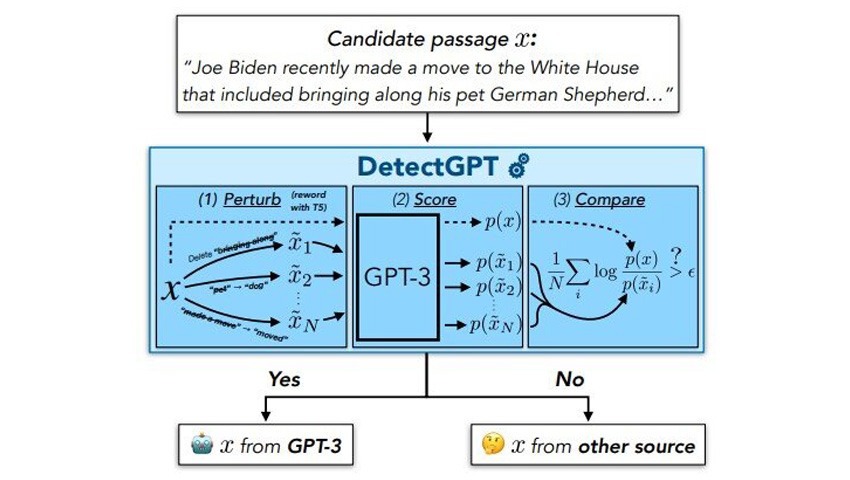

















































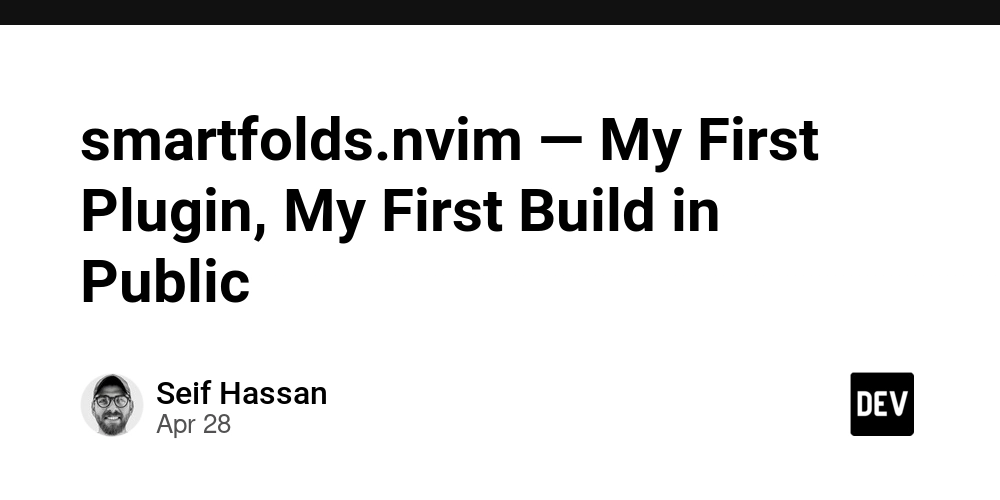

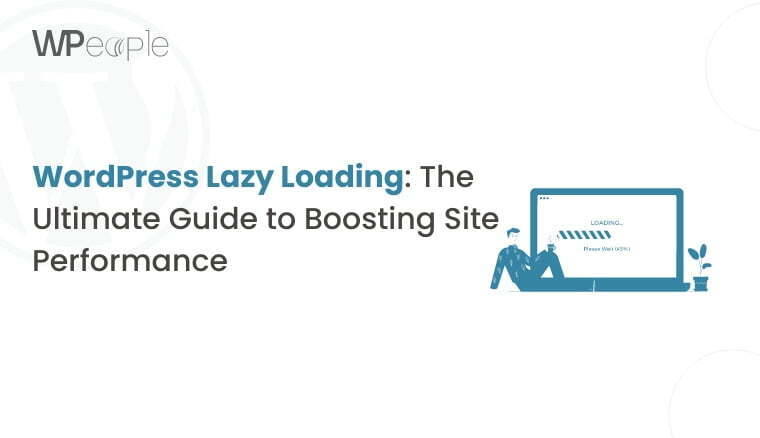













![[DEALS] Koofr Cloud Storage: Lifetime Subscription (1TB) (80% off) & Other Deals Up To 98% Off – Offers End Soon!](https://www.javacodegeeks.com/wp-content/uploads/2012/12/jcg-logo.jpg)






















![Is this too much for a modular monolith system? [closed]](https://i.sstatic.net/pYL1nsfg.png)



















































































































_roibu_Alamy.jpg?width=1280&auto=webp&quality=80&disable=upscale#)






















































































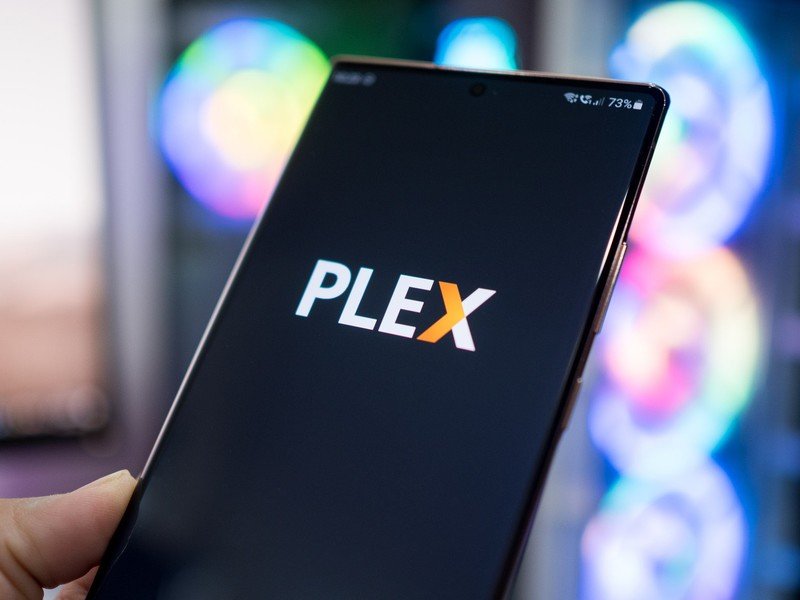


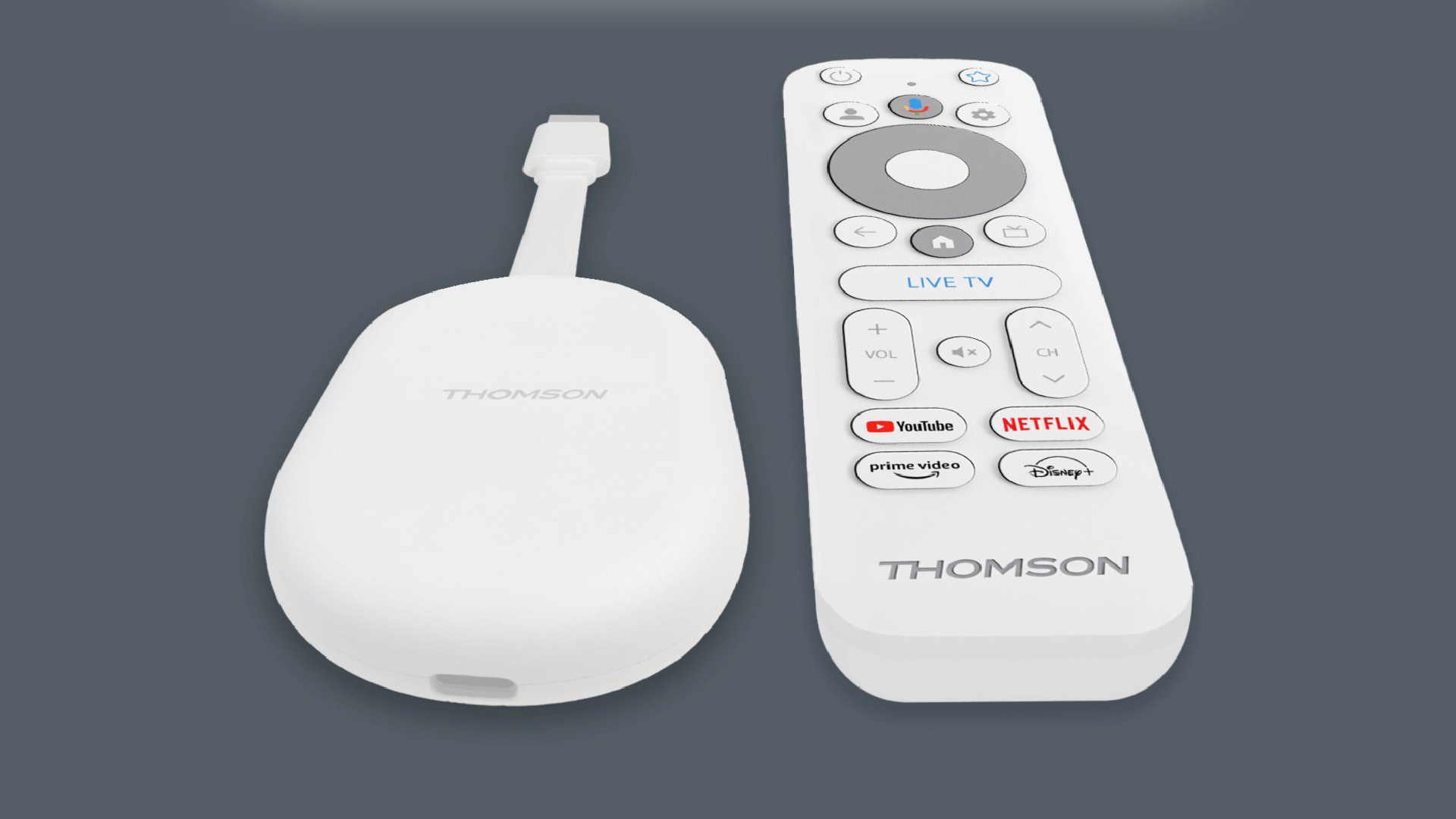
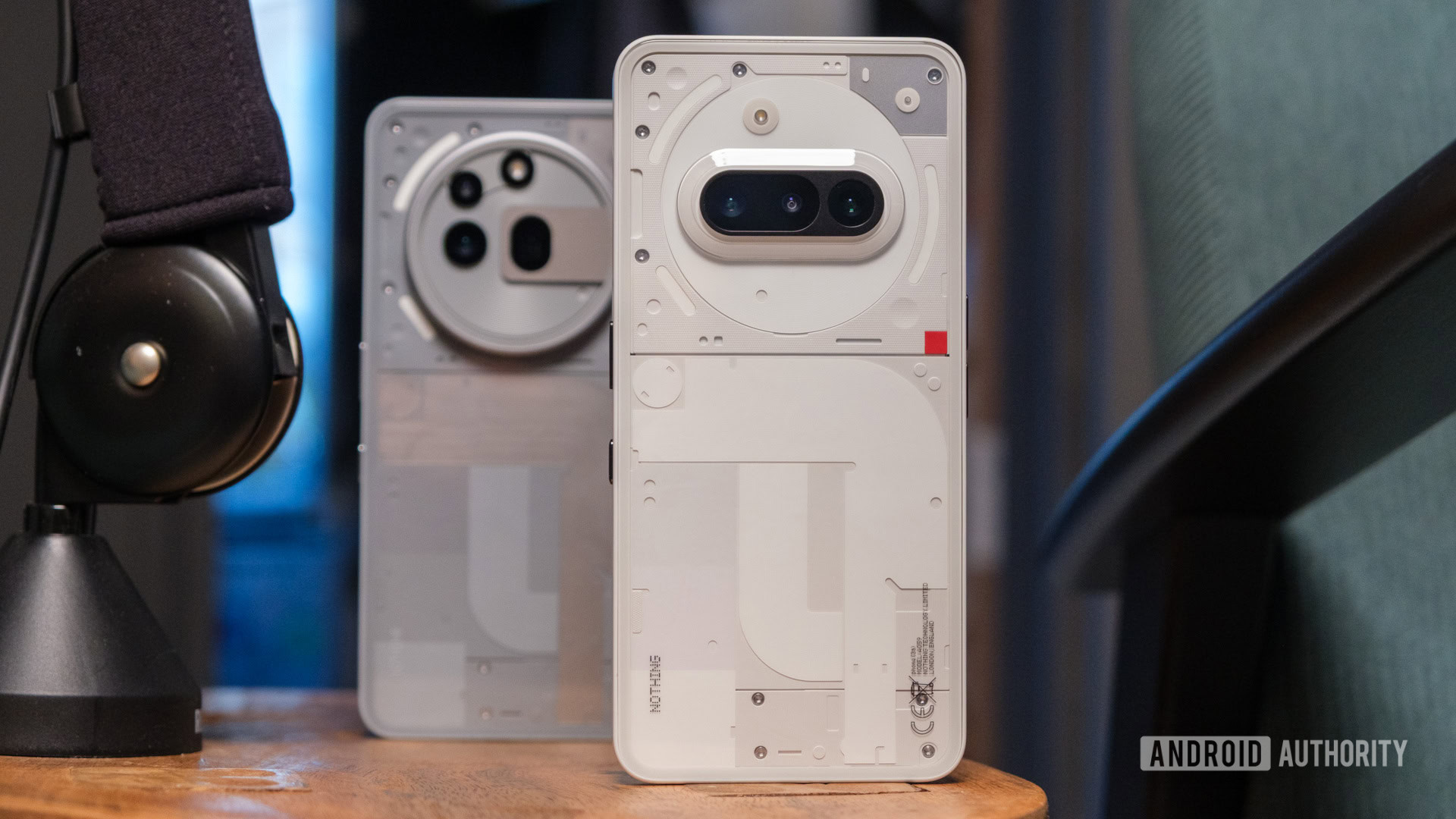



















![M4 MacBook Air Drops to Just $849 - Act Fast! [Lowest Price Ever]](https://www.iclarified.com/images/news/97140/97140/97140-640.jpg)
![Apple Smart Glasses Not Close to Being Ready as Meta Targets 2025 [Gurman]](https://www.iclarified.com/images/news/97139/97139/97139-640.jpg)
![iPadOS 19 May Introduce Menu Bar, iOS 19 to Support External Displays [Rumor]](https://www.iclarified.com/images/news/97137/97137/97137-640.jpg)


















